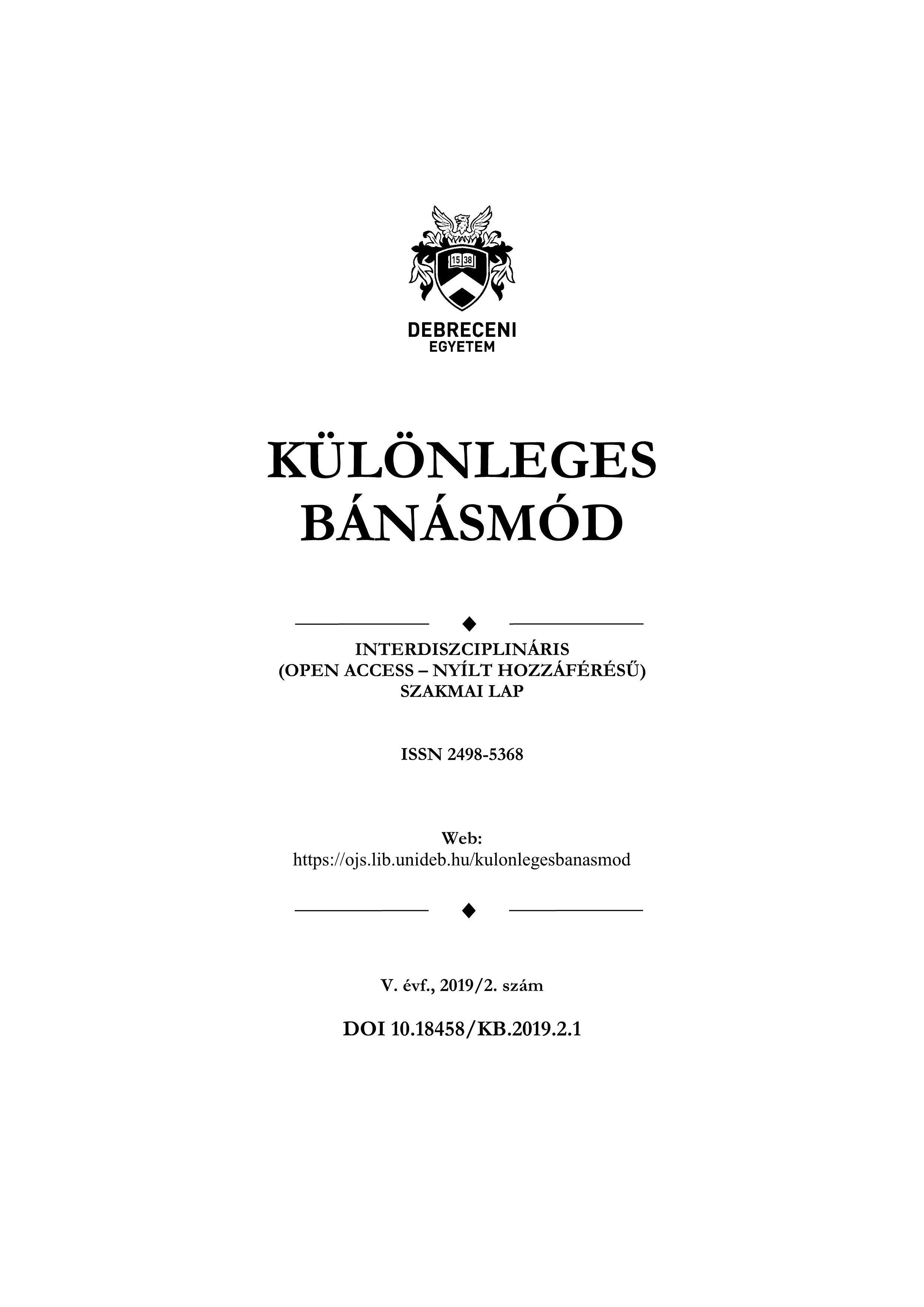CHARACTERISTICS OF THE HUNGARIAN AND CROSS-BORDER FOOTBALL ACADEMY IN RELATION TO THE ROLE AND CHARACTERISTICS OF COACH
Authors
View
Keywords
License
Copyright (c) 2019 Zoltán Kiss , István Csáki, József Bognár

This work is licensed under a Creative Commons Attribution-NonCommercial-NoDerivatives 4.0 International License.
How To Cite
Abstract
Football is equally popular in and around Hungary, despite the fact that currently, Hungarian football has very few footballers who are good enough to play in internationally recognized teams. Youth trainers bear a special responsibility in talent development, as they not only have to be excellent sports professionals but also need to have a positive influence on the young players’ lifestyle, attitude and activities beyond sports. Based on the above, the purpose of the study was to explore differences and similarities in trainers’ roles among the footballers in Hungary and in the Hungarian speaking areas of neighbouring countries. It was also our goal to take age into consideration of the football academies. The study was carried out in of one the eight major football academies of Hungary, and at a football academy located in a Hungarian speaking area of a neighbouring country. In the study, we gathered data from young footballers (n=146) belonging to four age groups. We used the questionnaire method. The questions were aimed at the young footballers’ attitudes and experience about the role of their trainers. The findings show that the young players and age groups in and outside of Hungary have a different view on the work of their trainers and their influence on their life. Comparing the academies and the age groups, marked differences were found. The footballers of the neighbouring country generally tended to have a higher appreciation towards their trainers’ roles and the main characteristics of their trainers, and also there were smaller differences between the age groups in that country. In the case of footballers from Hungary, the more they approached the age of being contracted as a professional sportsperson, the more they valued the factors affecting this step; while younger footballers mostly mentioned pedagogical elements. It would be important for trainers to be familiar with these findings and tailor their work accordingly so that pedagogical work can play a crucial role in talent development.


 https://doi.org/10.18458/KB.2019.2.7
https://doi.org/10.18458/KB.2019.2.7